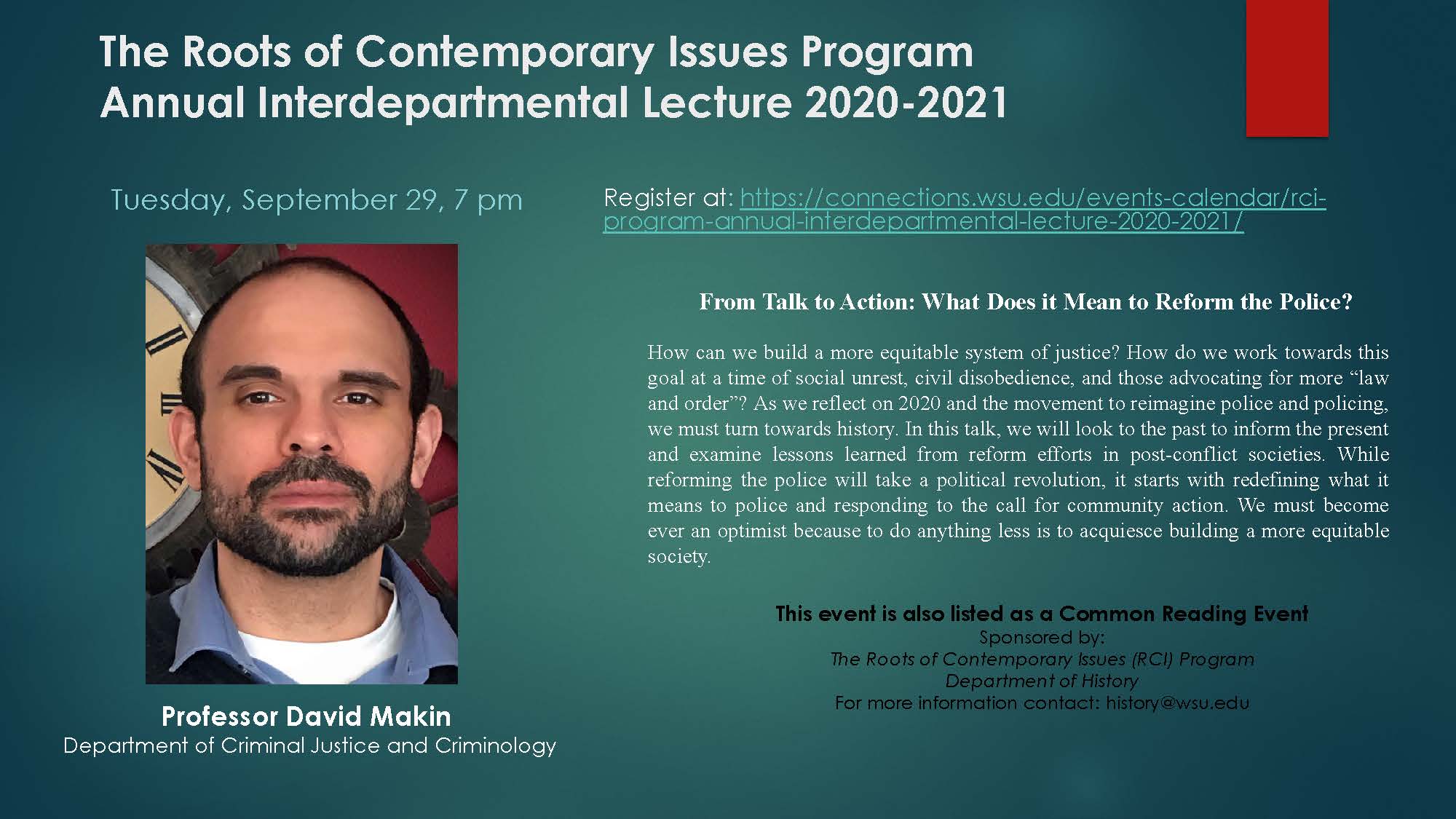To Transnationalize War Memory
for Peace and Kyosei: Reconciliation
of Pearl Harbor and Hiroshima
Abstract
How we remember World War II in the Pacific is clearly divided by national boundaries. The contrast between how Americans and Japanese remember Japan’s attack on Pearl Harbor and the U.S. use of the atomic bombs over Hiroshima and Nagasaki clearly demonstrates this point. This divide is hard to erase in a world that consists of nation-states, but this talk will explore how we may be able to make conscious efforts to build bridges across national boundaries that exist in war memories by learning the other side’s experiences and understanding the common humanity beyond nation-states.
This talk was originally planned as part of the Hiroshima exhibit organized by the University of Idaho Library for the 75th anniversary of the end of World War II. The exhibit depicts the exchange of gifts between Hiroshima University and the University of Idaho to share their hopes and commitments to humanity and world peace.
Biography
Noriko Kawamura is the Arnold M. and Atsuko Craft Professor in the Department of History in Washington State University in Pullman. She earned a B.A. from Keio University in Tokyo, Japan, and her M.A. and Ph.D. in History from the University of Washington in Seattle. She first taught at the Virginia Military Institute in Lexington, Virginia, and joined WSU’s History Department in 1992.
Kawamura’s research focuses on the history of war, peace, and diplomacy in the Pacific World. She teaches the history of U.S. foreign relations, U.S. military history, World War II in the Pacific, and the Cold War. Her publications include Emperor Hirohito and the Pacific War (University of Washington Press, 2015), Turbulence in the Pacific: Japanese–U.S. Relations during World War I (Praeger, 2000), and Building New Pathways to Peace (University of Washington Press, 2011). She is currently writing a book about Emperor Hirohito’s Cold War, under contract with the University of Washington Press.
Exhibit
A special collection donated to the University of Idaho by Hiroshima University in Japan is on display on the second floor of the U of I Library. In the early 1950s, as Hiroshima University began to rebuild from the effects of the atomic bomb, the university reached out around the world to ask for book donations. U of I responded with a book and gift of $5 to purchase a tree.
In 2011, U of I received a gift from students at Hiroshima University to recognize the donation. The box included a set of manga about the bomb, copies of the correspondence from 1951-1952, and roof tiles that had been blown off of a local building during the bomb blast and had been dredged off the floor of the Hiroshima River. See a video tour of the exhibit, “Growing from Ground Zero”
The library exhibit and Prof. Kawamura’s talk are co-sponsored by the Borah Foundation and the Martin Institute at the University of Idaho. Sign up for this event at the link here.





